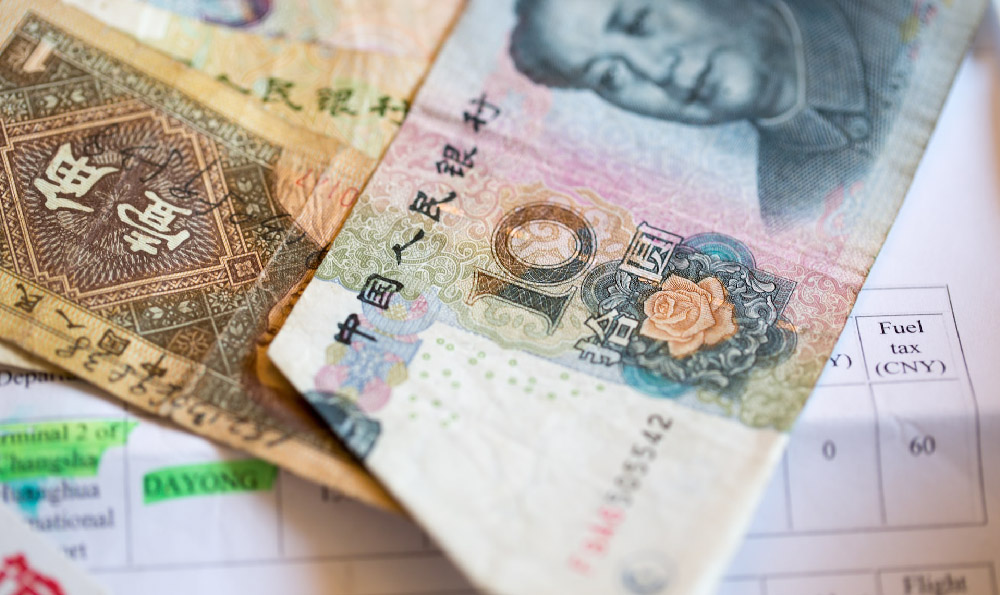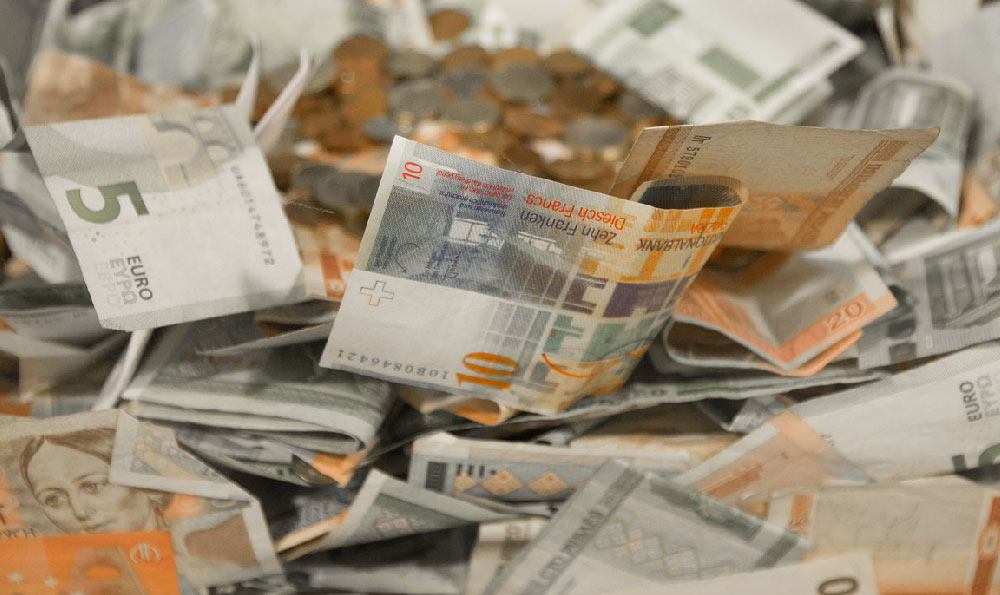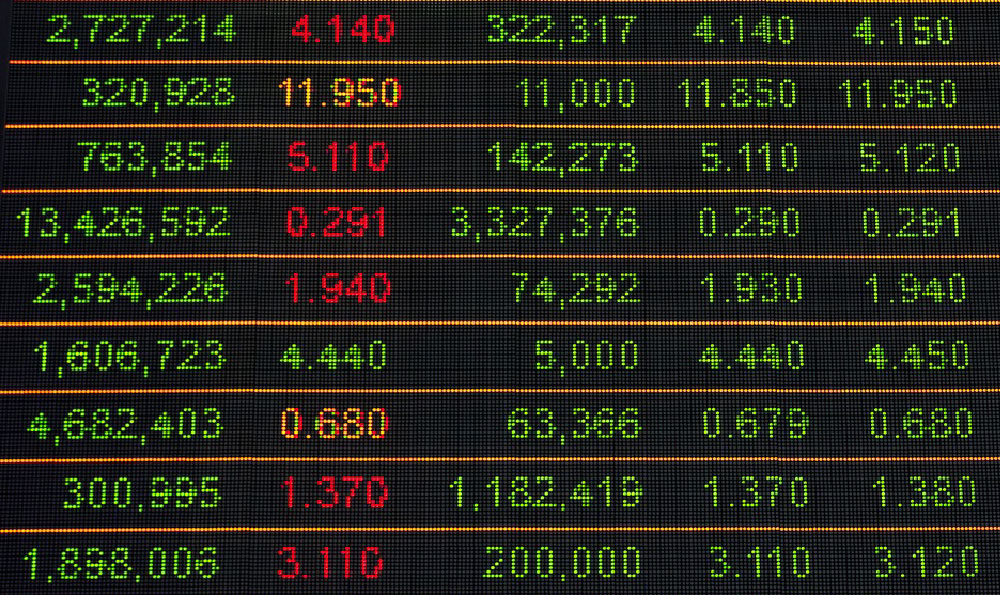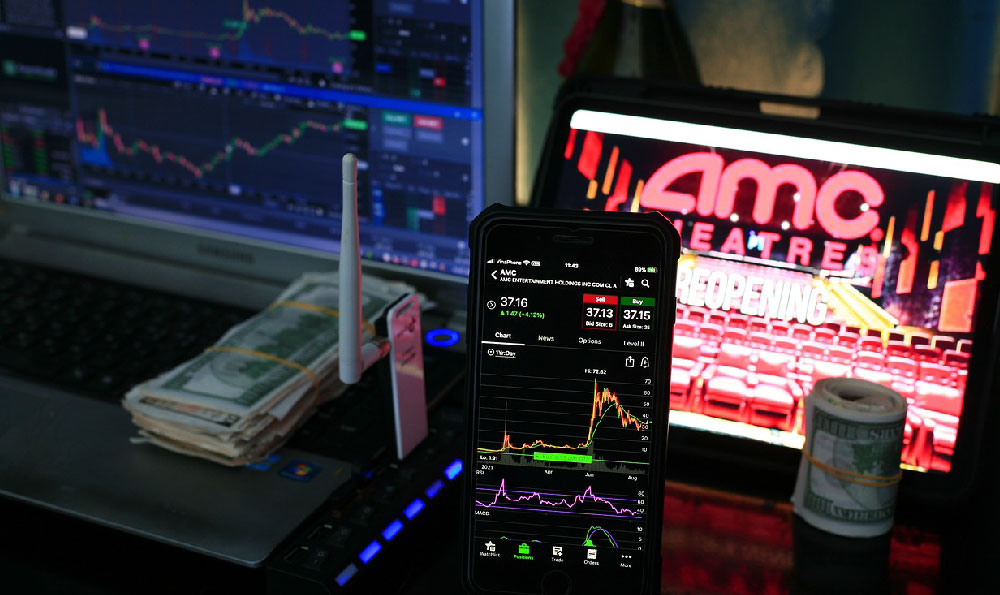Wine, often revered as a symbol of sophistication and celebration, has increasingly piqued the interest of investors seeking alternative asset classes. The allure of potentially high returns, coupled with the tangible nature of the investment, makes wine an intriguing option. However, like any investment, navigating the world of wine requires a discerning palate, a keen understanding of market dynamics, and a healthy dose of caution. Deciding whether wine investments represent a smart choice or a risky pour hinges on several critical factors.
One of the primary drivers behind wine's investment appeal is its inherent scarcity. Certain vintages, produced in limited quantities by renowned vineyards, become increasingly rare over time. As supply dwindles and demand from collectors and connoisseurs rises, prices can appreciate significantly. This scarcity factor, combined with the inherent aging process that can enhance the wine's quality and flavor profile, creates a compelling case for long-term investment potential. Furthermore, wine often exhibits a negative correlation with traditional asset classes like stocks and bonds. This means that during periods of economic downturn or market volatility, wine investments can potentially hold their value or even appreciate, providing a diversification benefit to a broader investment portfolio.
However, the path to profitable wine investments is not without its challenges. The market is complex and multifaceted, influenced by a myriad of factors including vintage quality, critic reviews, producer reputation, and global economic conditions. Accurately assessing the potential of a particular wine requires a deep understanding of these factors and the ability to identify wines that are likely to appreciate in value over time. This necessitates extensive research, due diligence, and often, access to expert advice. Moreover, the storage and handling of wine are crucial to preserving its quality and investment value. Improper storage conditions, such as fluctuating temperatures or excessive light exposure, can damage the wine and diminish its resale potential. Investors must therefore be prepared to invest in proper storage facilities, such as temperature-controlled cellars or professional wine storage services, which can add to the overall cost of ownership.

Another significant consideration is the liquidity of the wine market. Unlike stocks or bonds, which can be easily bought and sold on exchanges, wine trading can be less straightforward. Finding buyers for rare or high-value wines can take time, and transaction costs, including auction fees and commissions, can eat into potential profits. Furthermore, the wine market is susceptible to fraud and counterfeiting. Fake wines, often indistinguishable from the real thing to the untrained eye, can circulate in the market, posing a significant risk to investors. It is therefore essential to purchase wine from reputable sources and to conduct thorough authentication checks before making any investment.
Successfully navigating the world of wine investments requires a strategic approach and a long-term perspective. Investors should focus on building a diversified portfolio of wines from different regions and producers, with a focus on quality and age-worthiness. It is also important to stay informed about market trends and developments, and to seek advice from experienced wine professionals. Investing in wine should not be viewed as a get-rich-quick scheme, but rather as a long-term investment strategy that requires patience, knowledge, and a willingness to weather market fluctuations.
Before diving in, prospective investors should consider several key questions. What is their investment horizon? Are they looking for short-term gains or long-term appreciation? What is their risk tolerance? How much capital are they willing to allocate to wine investments? Answering these questions will help investors determine whether wine is a suitable asset class for their individual circumstances and investment goals. It is also advisable to consult with a financial advisor who can provide personalized guidance and help investors assess the risks and rewards associated with wine investments.
Ultimately, whether wine investments represent a smart choice or a risky pour depends on the individual investor's knowledge, experience, and risk appetite. While the potential for high returns is undeniable, the challenges and complexities of the market should not be underestimated. With careful research, strategic planning, and a healthy dose of skepticism, wine can be a rewarding and potentially profitable addition to a well-diversified investment portfolio. However, without the necessary knowledge and expertise, it can quickly become a costly and frustrating endeavor. Treat it as you would any other valuable investment: with respect, research, and caution. Only then can you truly savor the potential returns and avoid the bitter taste of a poorly-chosen pour.












